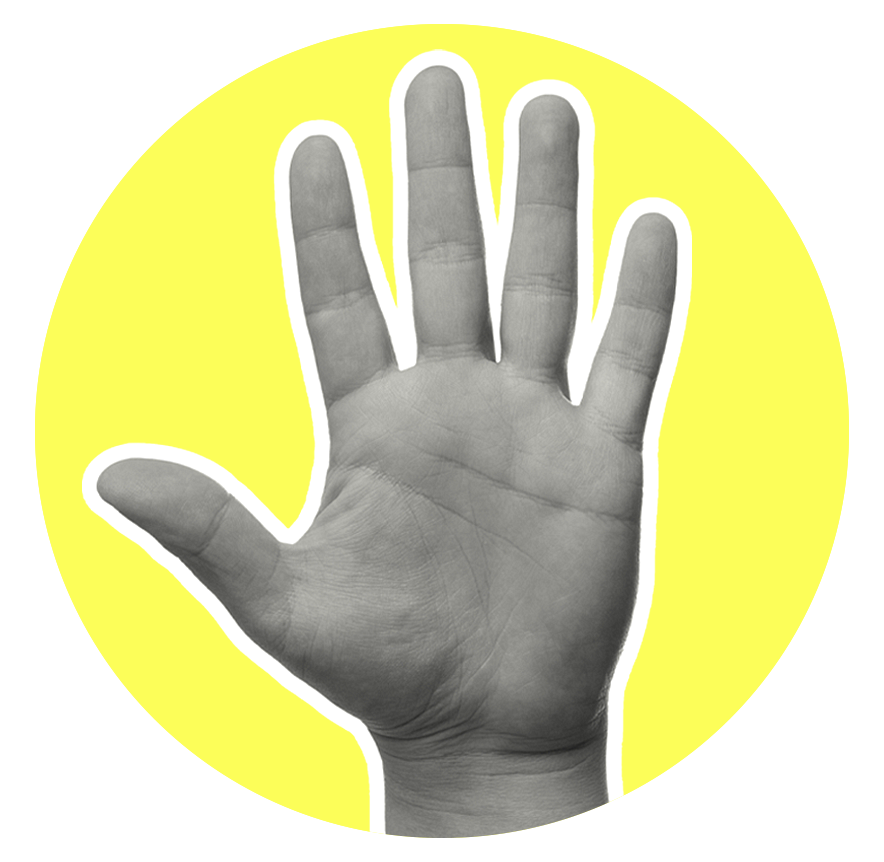In the world of motherhood, one of the most debated issues is breastfeeding.
However, we often see a scenario of constant judgment, where mothers are criticized for their choices related to breastfeeding.
It’s time to change that perspective.
Breastfeeding
is important.
The World Health Organization, the Ministry of Health, and the Brazilian Society of Pediatrics recommend that breastfeeding be exclusive and on free demand from the moment of birth until six months of age, and that it be maintained, along with other healthy foods, until two years of age or beyond.
Breast milk is a wholesome food, which perfectly meets the nutritional needs of newborn babies. It contains a unique combination of proteins, fats, carbohydrates, vitamins, minerals, and antibodies that help strengthen the baby’s immune system.
In addition to the nutritional benefits, breastfeeding establishes a special affection bond between mother and baby. Skin-to-skin, eye contact, and touching during breastfeeding strengthen their emotional connection, promoting a sense of safety and well-being for both.

But it’s not instinctive,
nor is it simple…
There is a myth that breastfeeding is an instinctive and simple task, but it doesn’t work like this for all mothers.
Anxiety, insecurity, sleep deprivation, maternal social pressure, hormonal fluctuations, and even lack of knowledge about the subject, combined with opinions that come from everywhere, can make this moment a real challenge.
In some cases, postpartum depression and the so-called baby blues appear – a condition that manifests itself in the first days after childbirth and causes feelings of sadness.
It’s important to be aware that judgment at such moments can even lead to early weaning.
Below we have a look at some of the frequently given “advice” and explain how it can do harm.
-
“I've given my children bottles since they were born and they are all there, healthy.”
Breastfeeding is very important, including in the first hours of life, because it can reduce neonatal mortality and also helps with uterine contractions to reduce the risk of hemorrhage in the mother.
-
“Do you only give milk? You have to give juices, tea and water too.”
Up to their first month, babies only need breast milk, and there is no need to offer teas, juices, or water - even in regions with higher temperatures. Introducing any food at this stage increases the risk of diarrhea and other illnesses.
-
“It's absurd not to exclusively breastfeed the baby.”
Exclusive breastfeeding is the most recommended; however, there are specific cases in which the doctor recommends supplementing with formula. Each experience is unique and should be viewed as such.
-
“This free demand thing is nonsense; the baby is turning your breasts into pacifiers.”
Free demand is the concept of breastfeeding the baby whenever he/she wants (day or night), as much as he/she wants, until he/she feels satiated. There are several benefits of breastfeeding on demand, both for mother and baby.
-
“Don't you do free demand breastfeeding?
What an absurd!”Despite providing many benefits, not all mothers are able to perform free demand breastfeeding, especially when they work and their maternity leave ends. Therefore, it is also not nice to expect all mothers to choose this type of breastfeeding. Each one knows her own possibilities.
-
“Big kids breastfeeding is ugly.”
Prolonged breastfeeding (after the age of two) does no harm, on the contrary, it can protect the child from allergies, infections, obesity, otitis, and other diseases. It is also very healthy for mothers, who will have reduced risks of diabetes, heart attack, and breast and ovarian cancer.
-
“Why don't you use the silicone nipple? I used it and it helped me a lot.”
This accessory works as a link between the baby's mouth and the mother's breast, but it can bring consequences such as: fissures, incorrect latching, impact on milk production, contamination through the nipple material, and even rejection of the mother's nipple later on.
Some pieces of
advice are even
dangerous!
Popular wisdom is not always reliable.
Although many pieces of advice are passed down through generations with the intention of helping, they can present risks to both mother and baby, as well as contribute to early weaning.
Below are some of these very common examples.

-
“That child is crying with hunger, your milk must be very weak!”
There is no such thing as weak milk. The liquid produced in the mother's body is specially adapted to each stage of the child, and even the colostrum is highly concentrated, full of protein and nutrients.
Many people believe that cow's milk leads to more satiety, since babies who consume it sleep longer. But this is only because it has a different absorption in the child's body, and not because it is better or "stronger" than the mother's milk.
The myth of weak milk is one of the main reasons why mothers wean early. Therefore, it is important to combat it.
-
“Your baby is over a year old and won't eat because you keep breastfeeding.”
Cases in which the baby chooses only breast milk over other foods are very rare. Many feed quickly for cuddling and feed well, and even longer, more nutritious feedings do not interfere with food intake.
-
“Drinking dark beer helps produce more milk”
There is no scientific evidence to prove this benefit; and beer, like any other alcoholic beverage, is not recommended for lactating women. Alcohol passes on to the breast milk, and this can bring risks to the child's health.
-
“Don't you have any milk? Find a friend who is also breastfeeding to feed your baby.”
Cross breastfeeding (when another mother breastfeeds the child) is highly contraindicated by the Ministry of Health and the World Health Organization (WHO), as it can bring several risks to the baby - including infectious and contagious diseases.
The recommendation is that the feeding be done by the mother or through materials made available by milk banks, which carry out processes to ensure the quality of the milk offered.
Avoiding judgment and creating a supportive environment
As we have seen, there are many assumptions and judgments that mothers go through.
Sometimes the mother herself feels insecure and guilty, especially when things do not go as planned.
These comments are not helpful and may even demotivate mothers, leading them to stop breastfeeding early. If you really want to help a mother going through this phase, there are other, much more productive ways.
Leave health advice to professionals
We know that advice is given with good intentions, most of the time. The problem is that they don’t always help as they should and may just continue to perpetuate facts that are not true. So if you notice that a mother is having difficulty breastfeeding, advise her to seek professionals such as pediatricians and lactation consultants.
Give psychological support
Psychological support is very important. Although health advice is restricted to professionals, there are other ways to advise and embrace mothers.
Maternity groups, conversations with friends who have already gone through the experience or even with parents, partners, and family members can help mothers gain more confidence during the process.
Support it with attitudes as well
Far beyond supporting through embracing, if you want to help, you can take actions that seem simple but make all the difference:

Do the household chores

Take care of the younger children

Help the mother feel comfortable while breastfeeding

Be careful with visitors
When facing the challenges of breastfeeding, support is key. While judgments only dissuade and discourage, support is what can change this scenario, strengthening the mother for this very important task.
Get to know Mother’s Love
At D’Or Consultoria, we offer our clients the Mother’s Love program. With it, pregnant women are accompanied from the first months of pregnancy until the baby’s first month of life, entitled to benefits such as:

Contact and follow-up with a nurse

Materials with guidelines for this period

Exclusive service center to clarify doubts and provide orientation

And much more!
Do you want to offer these benefits to your collaborators?
Contact us at [email protected] and learn more about our services and how to include Mother’s Love in your company.

Technical Manager:
Dr. Sérgio Hércules
CRM 61.605



